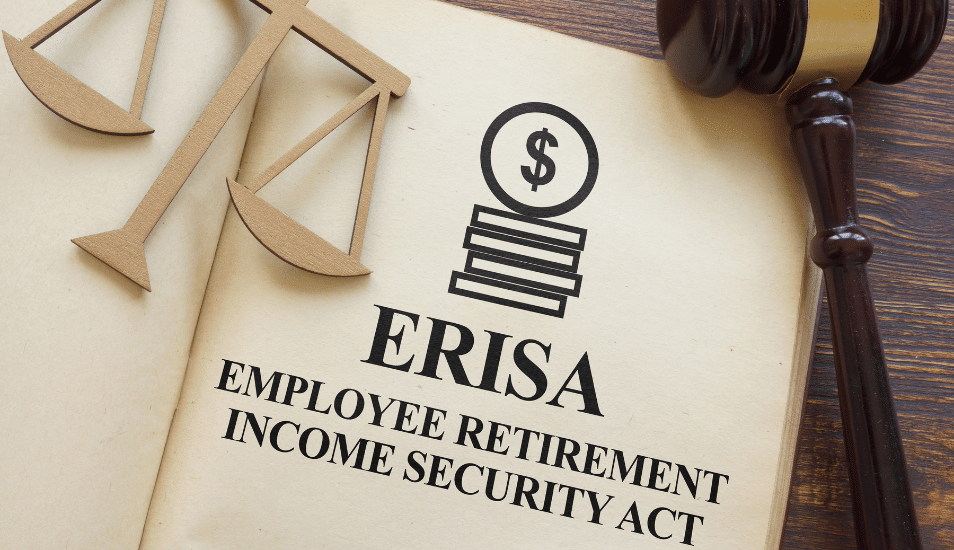ERISA – Looking Back and Planning Ahead

What’s coming next for workers’ 401(k) plans? Don’t be surprised to see more plans offer workers options to take some of their retirement account balances and get an annuity to create a steady stream of income like a traditional pension.
That was one of the takeaways from the first panel at Thursday’s ERISA 50th Anniversary Symposium Thursday in Washington D.C. Two former Department of Labor assistant secretaries, Phyllis Borzi and Preston Rutledge, and former U.S. Senator Max Baucus, reflected on the legacy of the landmark retirement legislation and also looked ahead to future enhancements to help more Americans achieve financial security.
Unlike in 1974 when more workers had a traditional defined benefit pension plan, Borzi and Rutledge noted that we’re living in a defined contribution world now. They agreed that there are improvements that can be made to help workers better manage their funds through retirement.
“The savings plans need to be more like real retirement plans,” Borzi said.
Added Rutledge: “Retirement assets are in (defined contribution) accounts now. (Workers) need to be able to find a way to stretch some of that money out for their entire life so they can supplement Social Security.”
Rutledge mentioned several legislative proposals have been introduced on Capitol Hill to improve access to retirement plans. These would build on a series of advancements and enhancements to make annuities more accessible that have been adopted since ERISA, including SECURE and SECURE 2.0. Baucus, who was first elected to the House in the fall of 1974 shortly after ERISA became law and later became a senator, added that retirement security legislation, like any legislation on Capitol Hill, is an iterative process. He noted that that an earlier version of ERISA-like legislation was introduced, but didn’t pass in the early 1960s.
ERISA’s eventual passage 50 years ago came during a chaotic time for the nation. The bill was signed just weeks after President Richard Nixon resigned and Vice President Gerald Ford replaced him.
Before being tapped by Nixon to replace Spiro Agnew as vice president in December 1973, Ford was a longtime congressman from Michigan. After becoming president, Ford called up his friend, then-House Majority Leader Tip O’Neill, and asked if there were any bills ready to be signed so they could do a big signing ceremony.
“ERISA was almost complete,” Borzi said. “They decided to do it on Labor Day of 1974 as a symbol that the government could still work notwithstanding the trauma the country had been through with the Nixon impeachment.”





